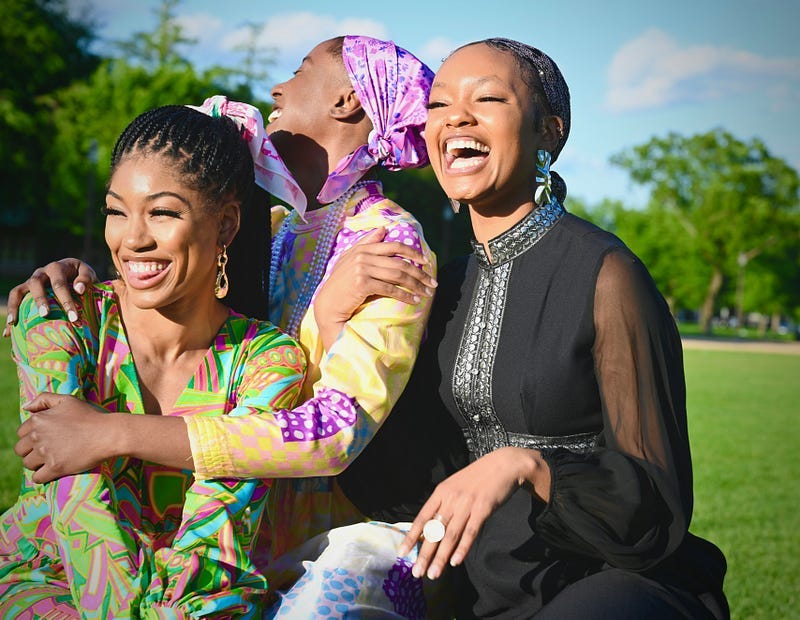Why the “But I Have Black Friends!” Argument May Not Always Be as Awful as it Sounds
Sometimes, it’s in friends from different cultures where prejudice can begin to soften

There’s a stereotypical line of reasoning that’s often employed in the modern day when people fend off accusations of prejudice. When called out for racism toward those of darker skin tones, a familiar argument tends to reemerge.
The “I have Black friends!” defense may even be so common that you’ve probably heard it …
Keep reading with a 7-day free trial
Subscribe to The Gen Z Report to keep reading this post and get 7 days of free access to the full post archives.

